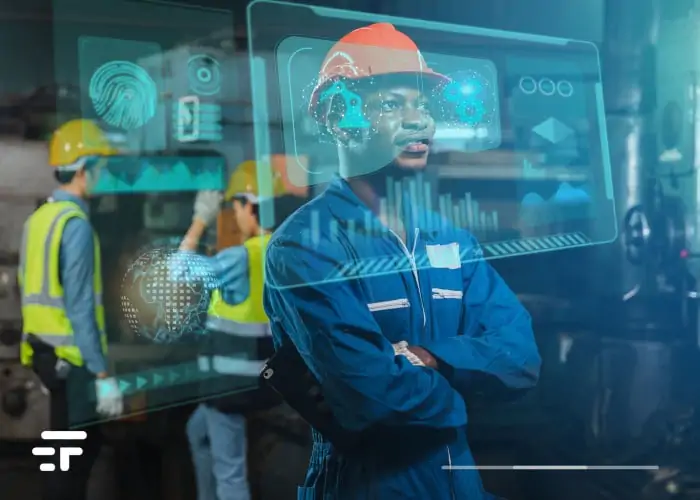The Irish company's analysts identify some very important trends that will soon change people's approach towards physical and virtual reality. The analysis, contained in the report Technology Vision 2022, identifies four lines respectively called WebMe, Programmable World, Unreal e Computing the Impossible.
Each of these technologies is a game-changer in its own right, but together they will form a veritable multiverse in which physical and digital reality will merge seamlessly. Are you ready for an unreal future?
The metaverse is an evolving continuum and every interested company is thinking about how it will work (here a recent article on how it could develop). A common point among analysts is that it will end up contemplating several technologies: augmented reality, blockchain, artificial intelligence and more. The Accenture report predicts that a kind of 'unreal' reality, or hyperreality, or digital reality will soon emerge that will transform the experiences of both consumers and businesses.
An unreal world is possible

The process of transition towards this “unreal” continuum has already begun. In fact, we are already surrounded by smart factories, ships and automated ports: in the near future, digital objects will begin to grow and invade new fields. “Smart districts, cities and towns” will appear, virtual places where people come to relax, have fun and communicate. Companies will use the metaverse to develop, deploy and manage business operations. They will move their operations there, allowing employees from around the world to interact with each other within virtual environments.
These changes will affect virtually every sector in which large companies operate: the internet will transform significantly and the boundaries between what is real and what is unreal will be broken down. Humans and machines will be able to impact both realms at the same time, regardless of their physical location.
On a typical day in 2030, a foreman manages a construction site: he and a colleague manage teams of robots that lay asphalt on the road. Suddenly, one of his assistants appears in the form of a hologram, reminding him that it's time to meet with the inspector about another project. The team leader approaches the mobile office, puts on a VR headset and finds himself in the lobby of the virtual urban planning department.
Taken from the Technology Vision report
WebMe: highway to the metaverse

The first trend of the 'unreal' future is called WebMe. For me, Accenture simply gave its name to the concept of Web 3.0. A new generation internet, essentially built on the blockchain. In this version of the network, no one will control all the information flow alone. Each user will have access to the data in the form of a distributed ledger. The economics of this new web? Obviously based on cryptocurrencies (the 'private' ones, as we know them today, or the national ones, digital versions of current currencies).
Programmable world: a fully customized planet

Inside the house, control, regulation and automation will fully support human presence. These digital systems, from coffee makers to security systems to lights and appliances will take care of all the work themselves, as well as learn and improve. IT leaders will embrace this change and change algorithms: machines will begin to “understand” their owners and act to anticipate their needs.
Unreal: the engine of unreality

Artificial intelligence (AI) and other technologies are already generating an amount of data that goes beyond our imagination (and which some say they are already making them sentient). Synthetic data will soon be able to reproduce and imitate the physical world very closely: this suggests that humans may lose interest in the “basic reality” of objects. More than the real, people might be attracted to the "genuine", something that can be found both physically and digitally. I translated it to myself very brutally: someone will prefer a VR walk with a nice friend than watching TV on the couch with a boring person.
Calculating the impossible: new machines, new possibilities

The latest trend in the report challenges what is unimaginable today. THE quantum computers, machines that will use volatile qubits instead of conventional ones and zeros will be the next bet. Thanks to them, people and companies will discover new opportunities to improve the quality of life and work.


